Retinol Creams: Hydration Boosters?
Retinol, a derivative of vitamin A, has long been heralded as a miracle ingredient in the skincare world. Renowned for its anti-aging properties, retinol is often associated with reducing fine lines and wrinkles. However, its role in hydration is a topic that's gaining traction among skincare enthusiasts. This comprehensive guide delves into the nuances of retinol creams as potential hydration boosters, unraveling the myths and facts behind this potent ingredient.
Understanding Retinol and Skin Hydration

Before exploring retinol's hydrating properties, it's crucial to understand its basic functioning. Retinol works by accelerating skin renewal, promoting collagen production, and unclogging pores. But how does this relate to skin hydration?
The Science Behind Retinol and Hydration
Retinol's ability to enhance skin renewal can indirectly impact skin hydration. By removing dead skin cells and promoting new cell growth, retinol can help improve the skin's natural barrier, which is essential for retaining moisture.
Comparative Studies on Retinol and Moisturizers
Various studies have compared retinol with standard moisturizers. While traditional moisturizers provide immediate hydration, retinol creams offer long-term benefits by improving the skin's capacity to hold water.
Choosing the Right Retinol Cream

When selecting a retinol cream, it's important to consider several factors to ensure optimal hydration alongside retinol's other benefits.
Concentration Matters
Retinol creams come in various concentrations. For beginners, a lower concentration (like 0.25%) is advisable to allow the skin to adjust without causing irritation.
Combination Ingredients for Enhanced Hydration
Look for retinol creams that are formulated with hydrating ingredients like hyaluronic acid or glycerin. These ingredients can provide the immediate hydration boost while retinol works on long-term skin health.
Application Tips for Maximum Hydration
Applying retinol correctly is key to reaping its hydrating benefits. Here are some tips to keep in mind:
Gradual Introduction
Start by using retinol creams a few times a week, gradually increasing the frequency as your skin gets accustomed.
Layering with Moisturizers
To combat any initial dryness, apply a moisturizer over your retinol cream. This can help lock in moisture and reduce irritation.
Timing Is Everything
Apply retinol creams at night since retinol can make the skin more sensitive to sunlight. Always use sunscreen during the day when using retinol products.
Potential Side Effects and Precautions
While retinol can be a game-changer for skin health, it's not without potential side effects, especially related to hydration.
Dryness and Irritation
Some individuals might experience dryness or irritation, especially in the initial stages of using retinol. It's important to monitor your skin's reaction and adjust usage accordingly.
Sun Sensitivity
Increased sun sensitivity is a well-known side effect of retinol. Always use a broad-spectrum SPF to protect your skin from UV damage.
Retinol Creams and Skin Types
Suitability Across Various Skin Types
Retinol creams can be beneficial for most skin types, but the approach might vary. For instance, oily skin types might tolerate higher concentrations better than sensitive skin.
Customizing Retinol Use for Your Skin Type
Consulting with a dermatologist can help tailor the use of retinol creams according to your specific skin needs and concerns.
Frequently Asked Questions (FAQs)
Q: Can retinol creams replace my regular moisturizer? A: While retinol creams have hydrating properties, they are primarily treatment products. It's advisable to use a separate moisturizer for immediate hydration needs.
Q: How long does it take to see results from retinol creams? A: It can take several weeks to a few months to see noticeable results from retinol creams. Consistency is key.
Q: Are retinol creams safe for sensitive skin? A: Retinol can be used by those with sensitive skin, but a lower concentration and cautious introduction are recommended.
Q: Can I use retinol creams around my eyes? A: The skin around the eyes is delicate. Use retinol products specifically formulated for the eye area to avoid irritation.
Q: Is it normal for my skin to peel after using retinol creams? A: Mild peeling can be a normal reaction when starting retinol, as it accelerates skin cell turnover. If peeling is severe, reduce usage frequency.
In conclusion, retinol creams are not just anti-aging powerhouses but can also play a significant role in boosting skin hydration. By choosing the right product, applying it correctly, and understanding its effects, you can effectively incorporate retinol into your skincare routine for hydrated, healthy-looking skin. Remember, patience and consistency are key to achieving the best results with retinol creams.


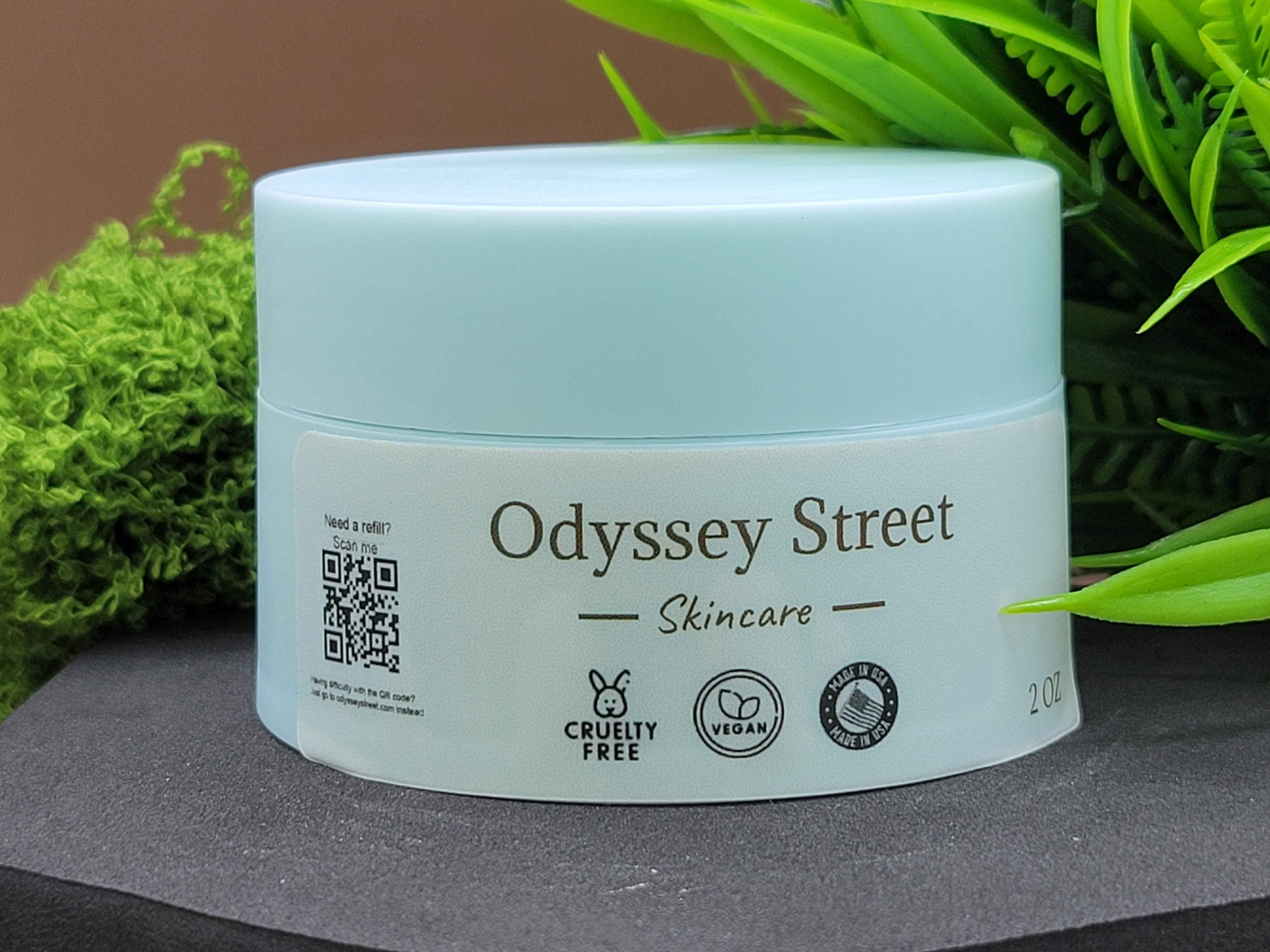
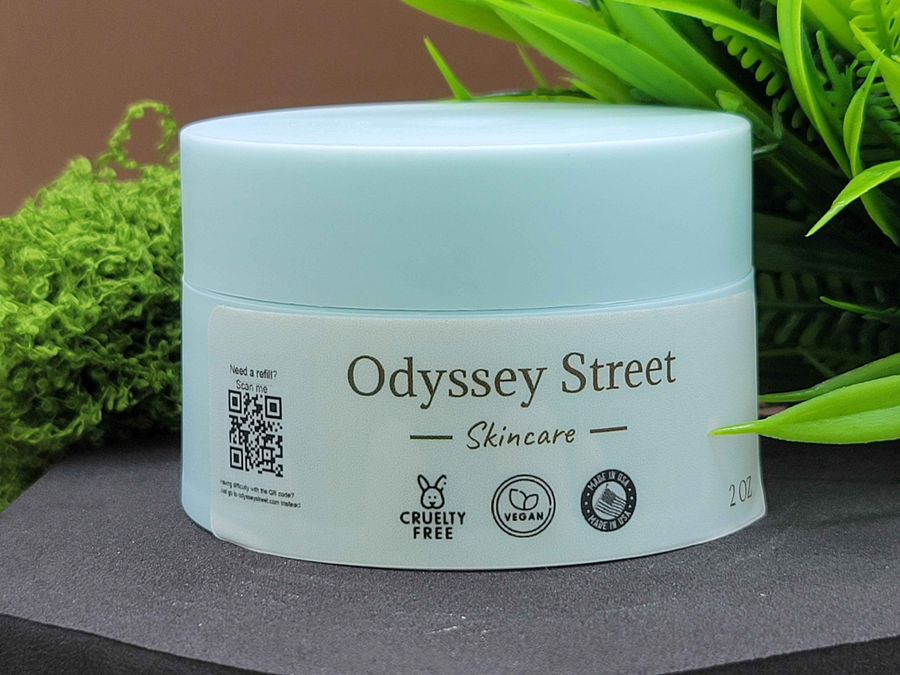
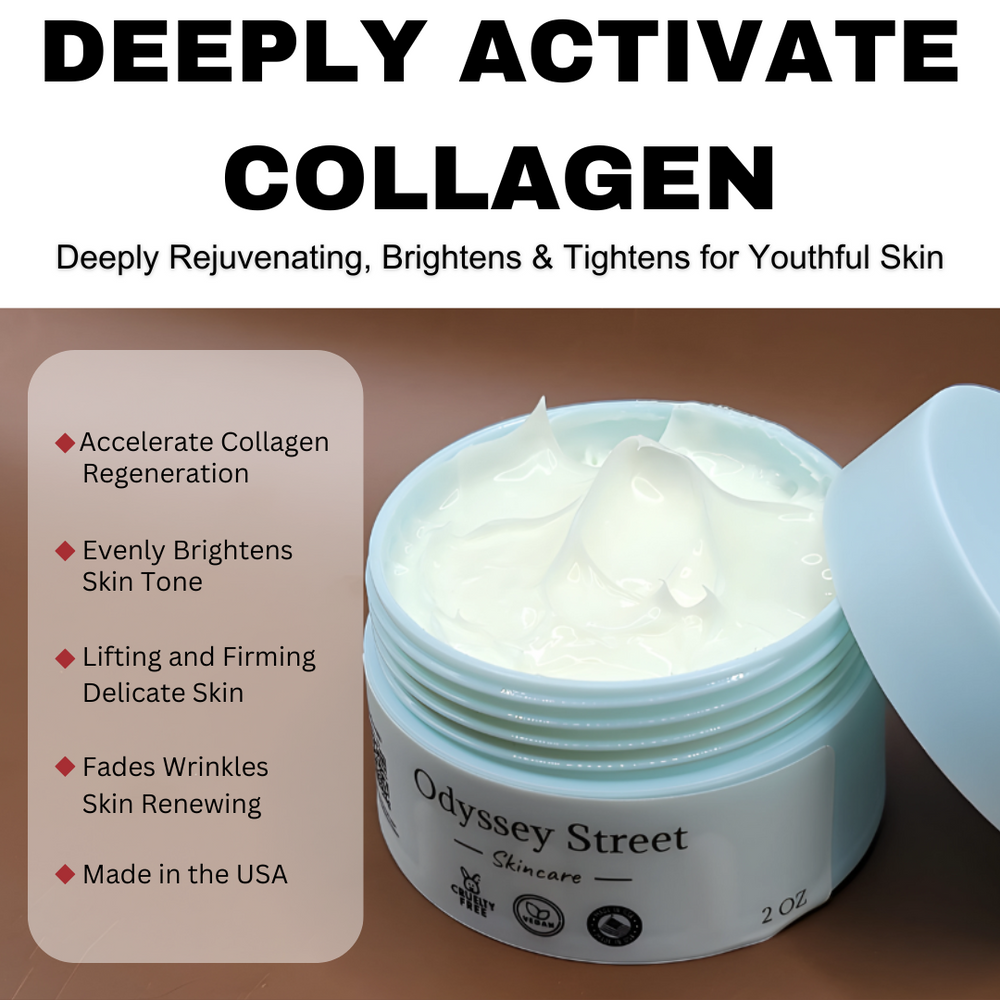


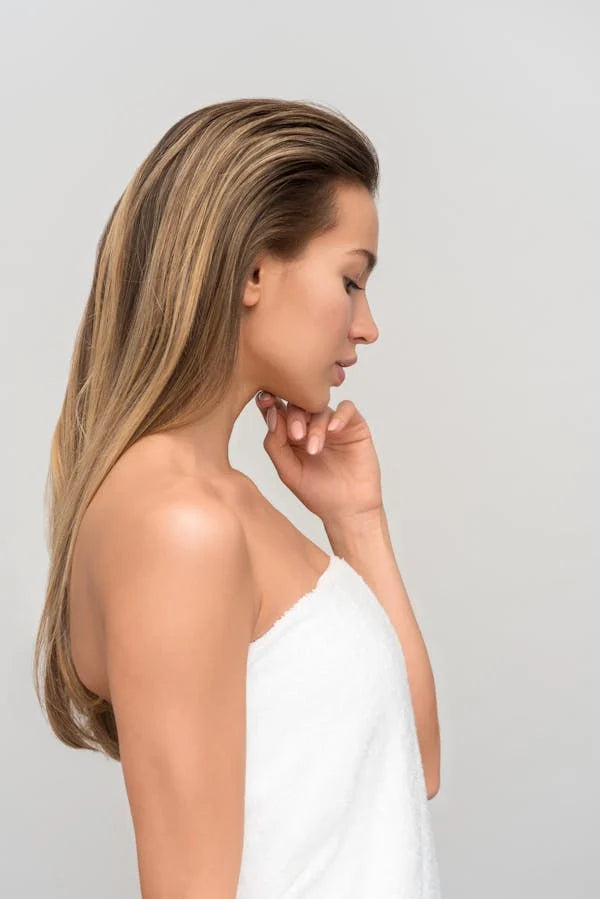

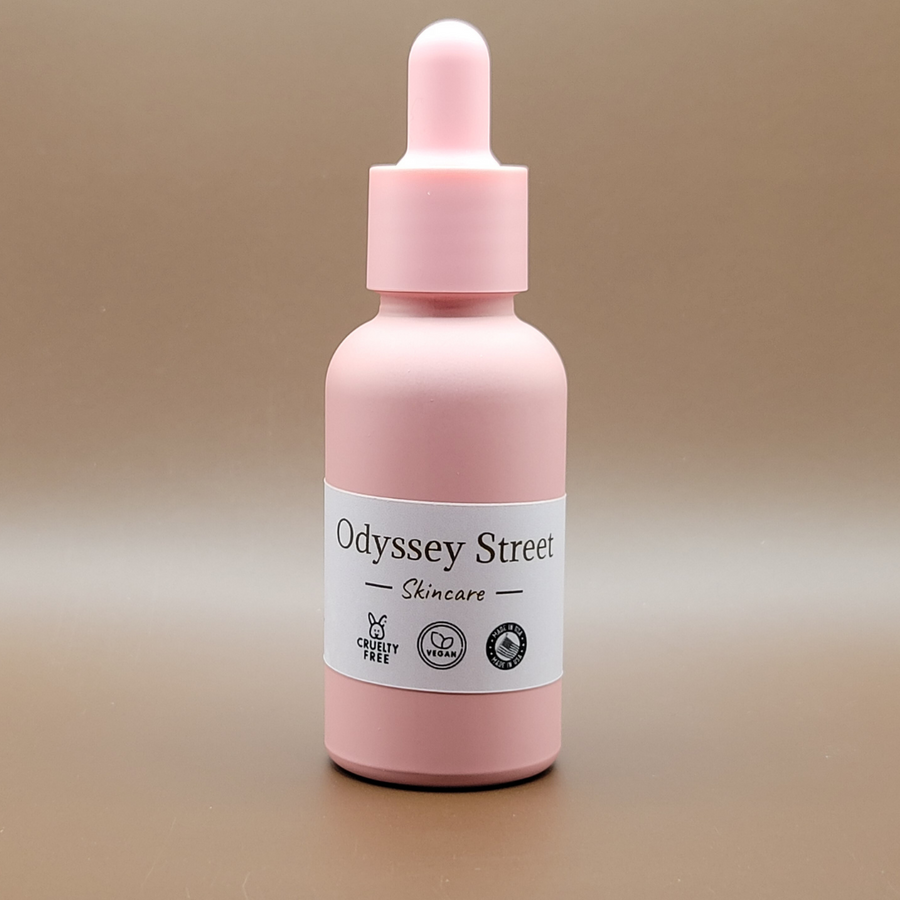
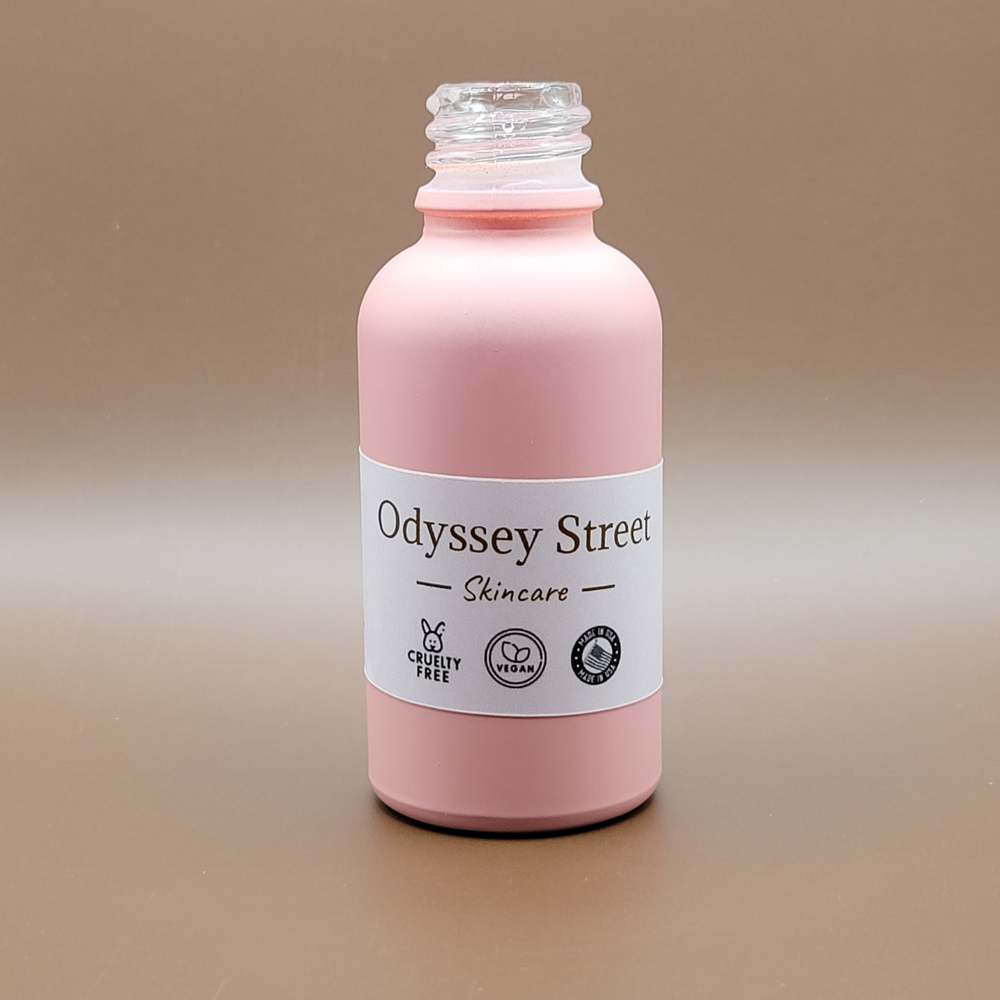
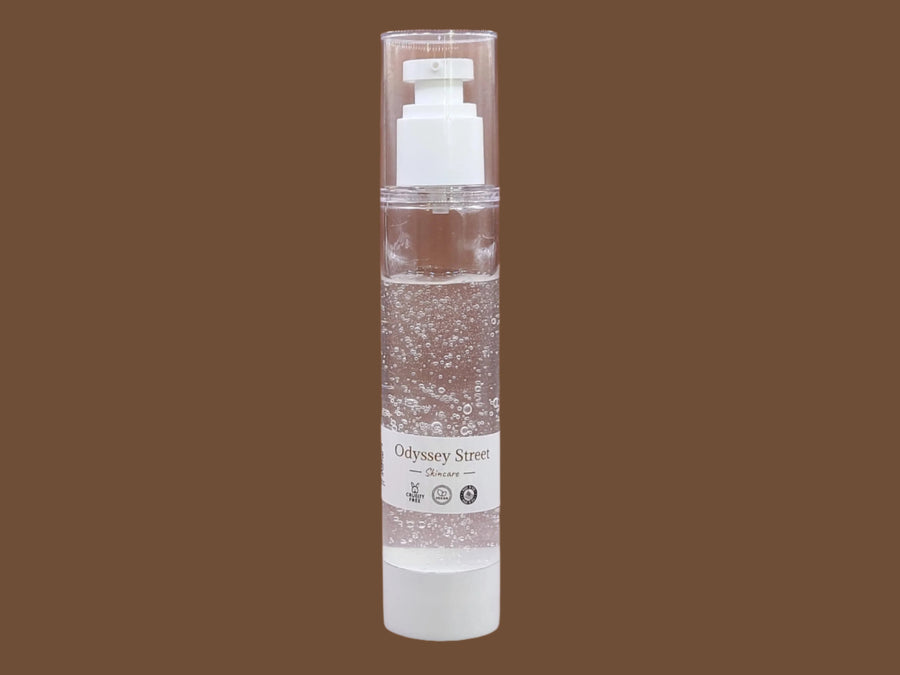
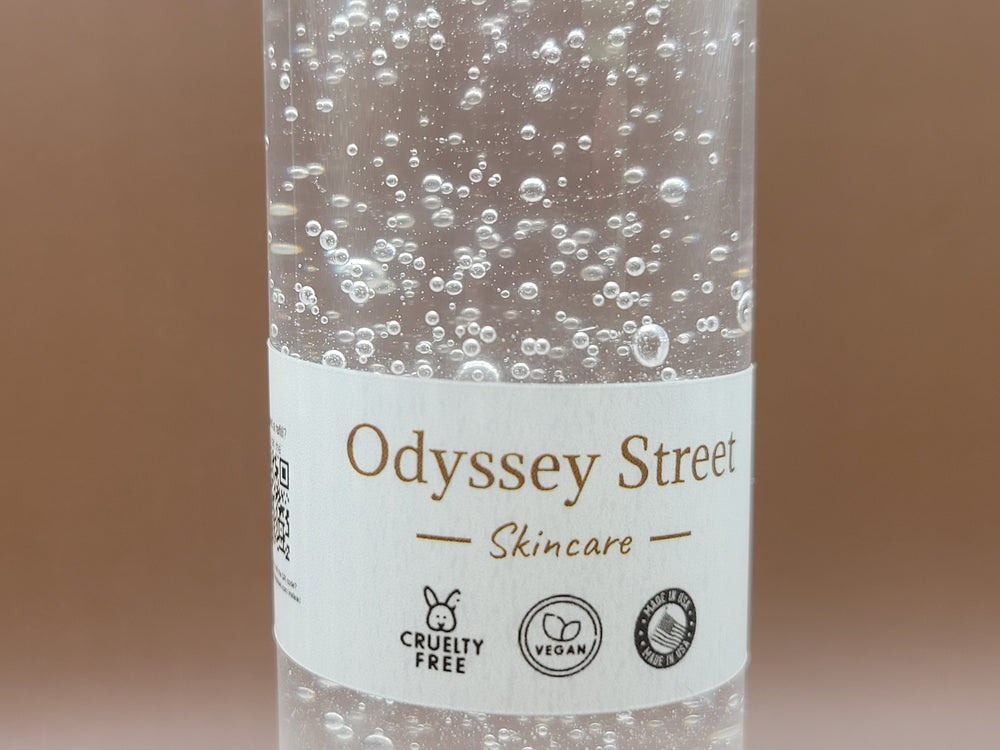
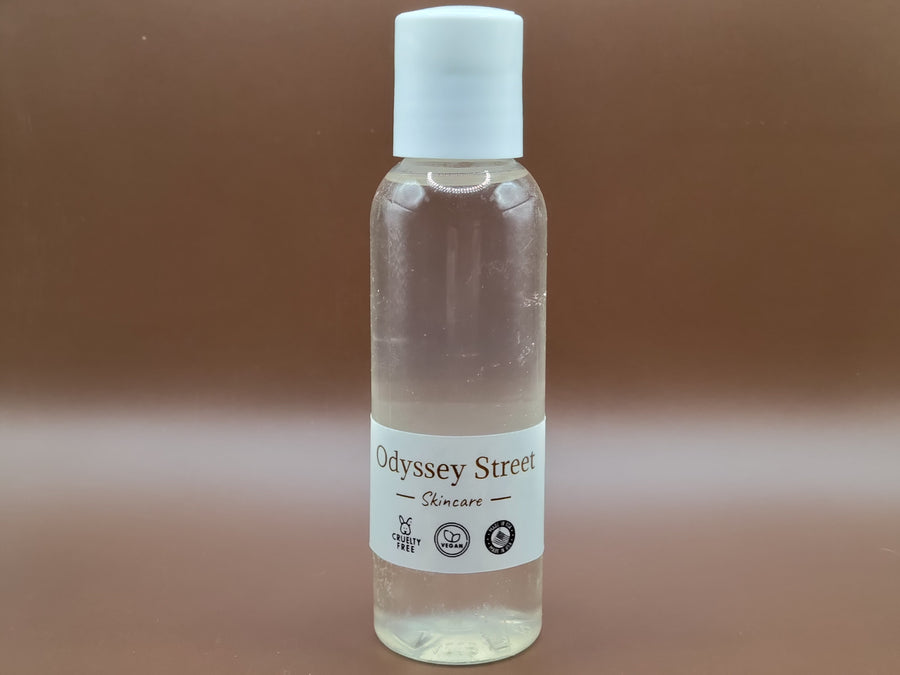
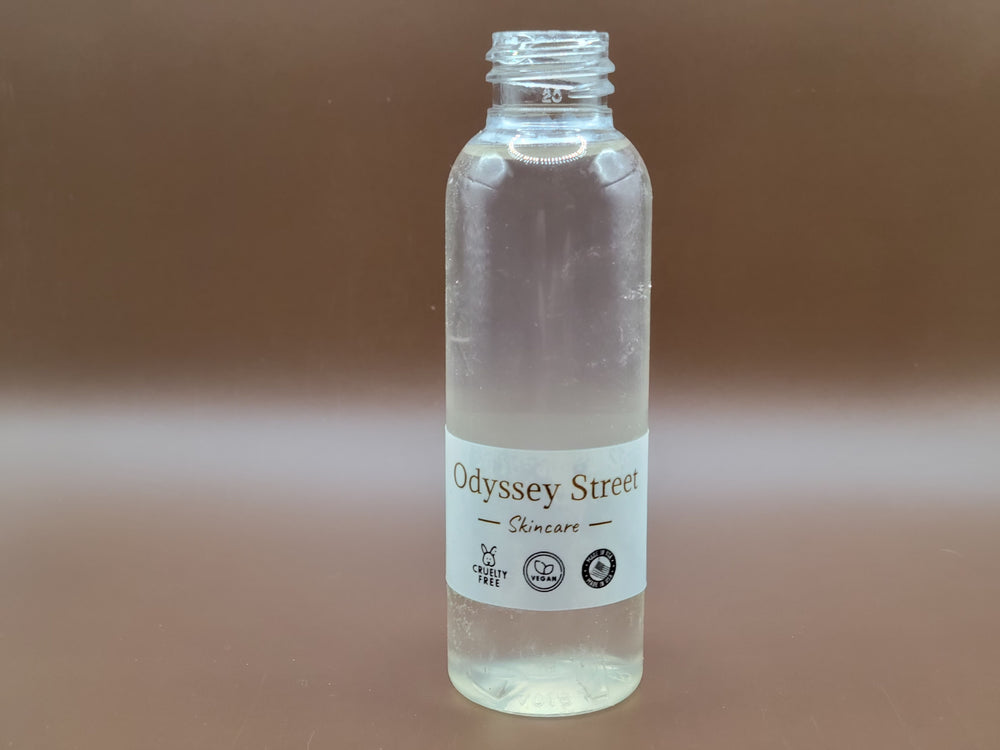
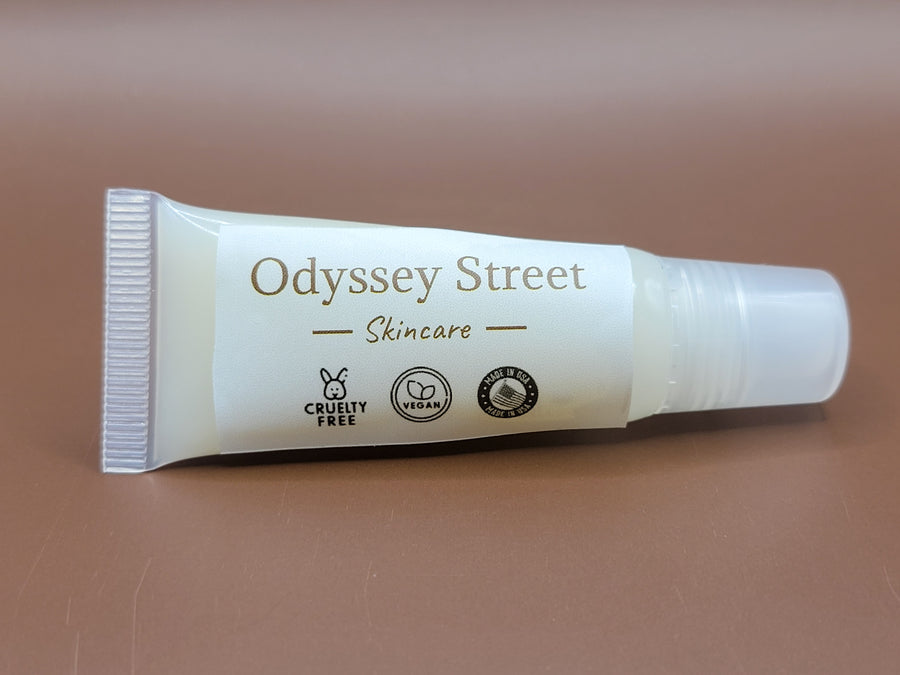
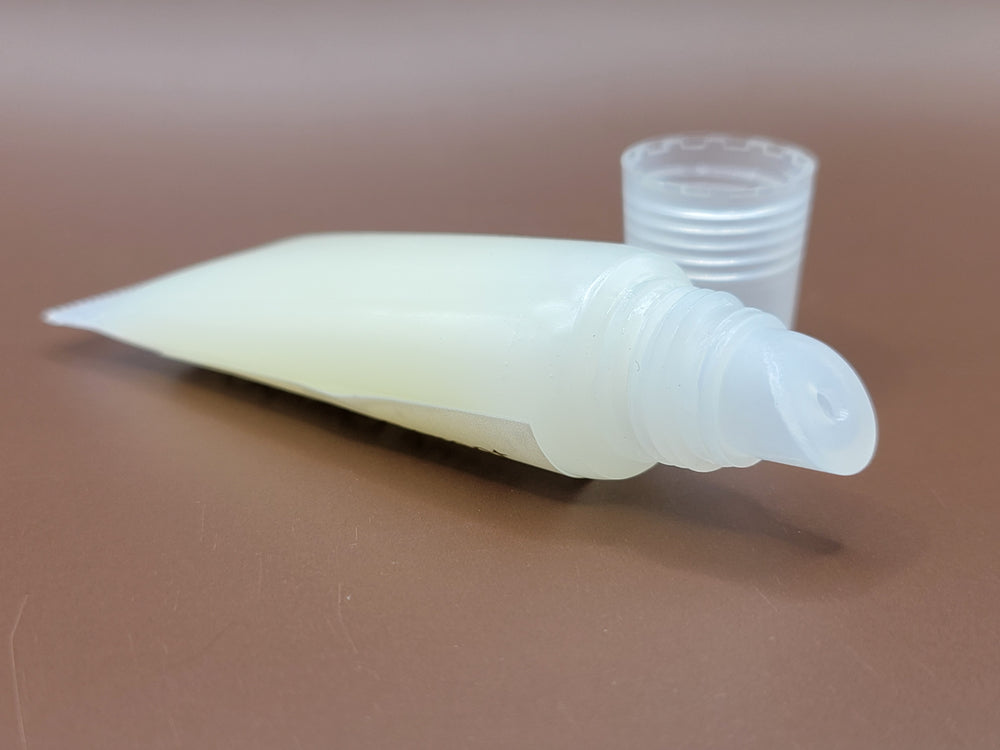
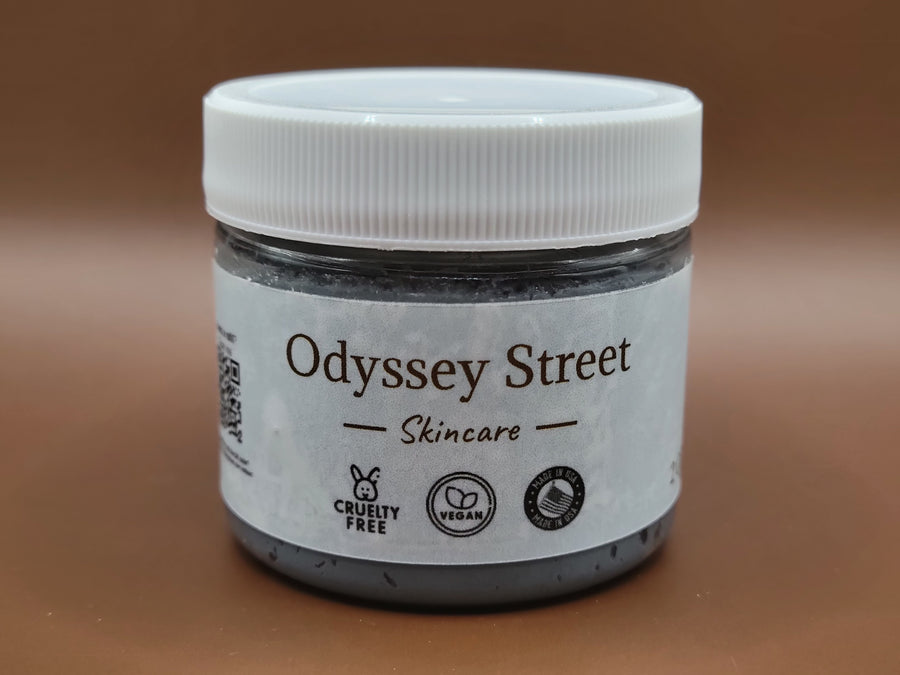
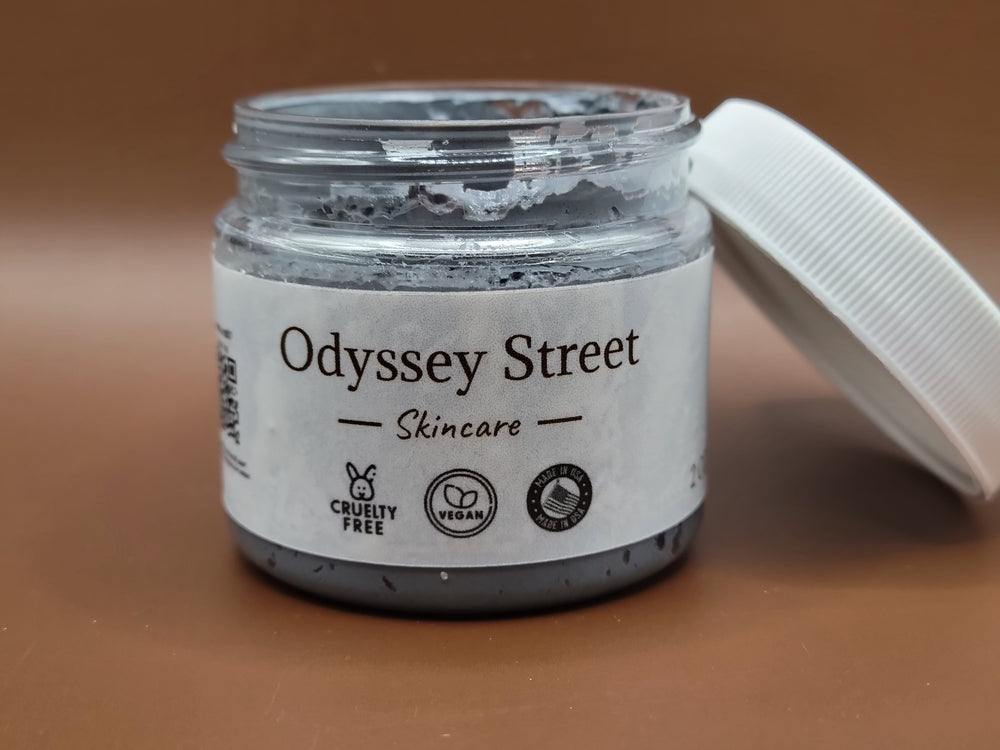
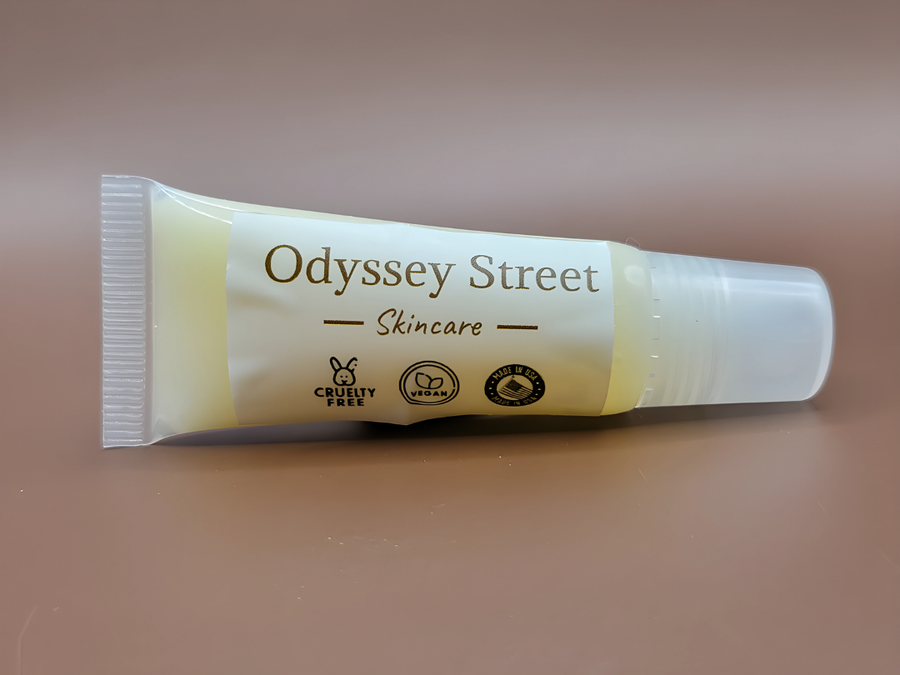
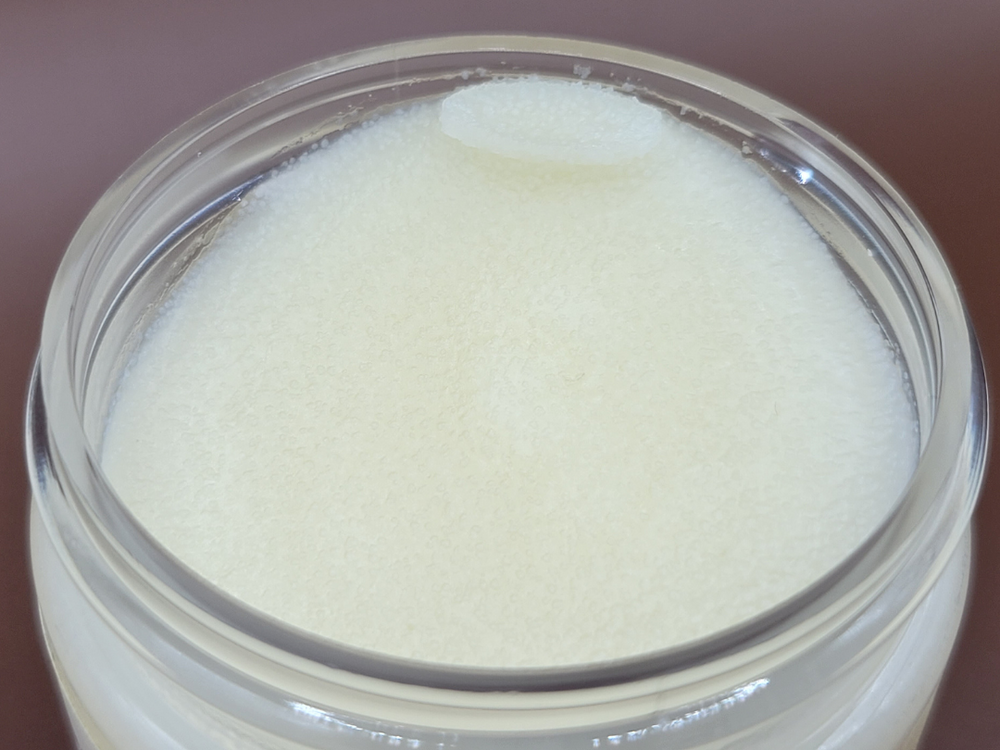
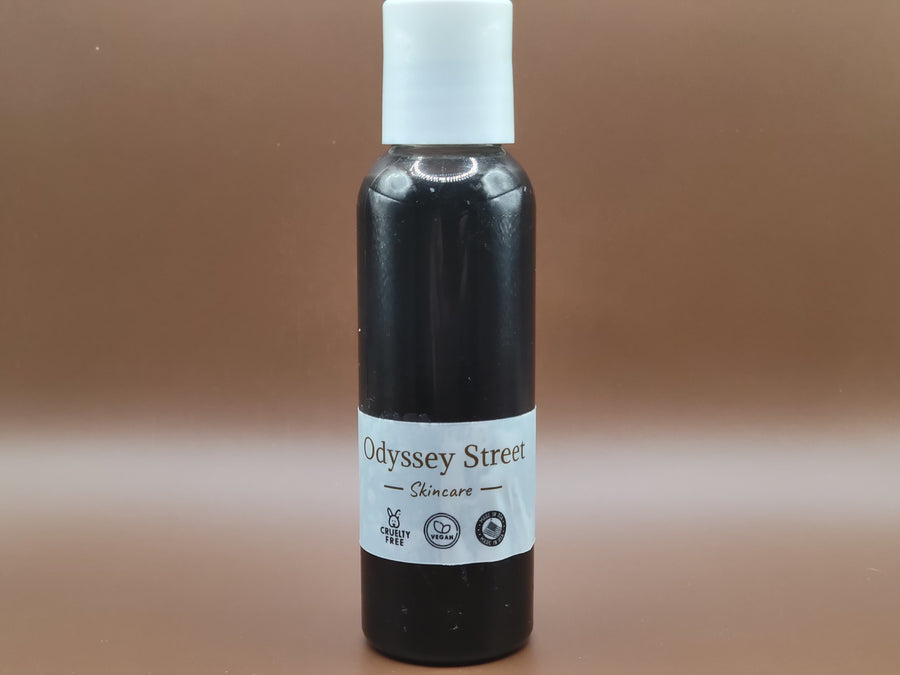
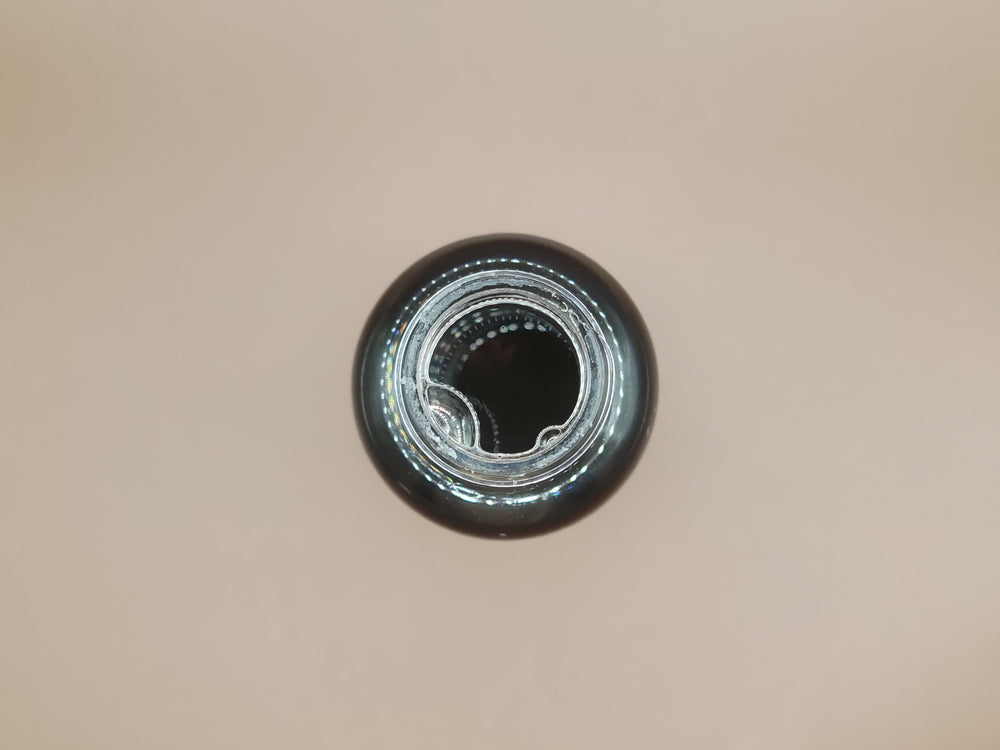
Leave a comment